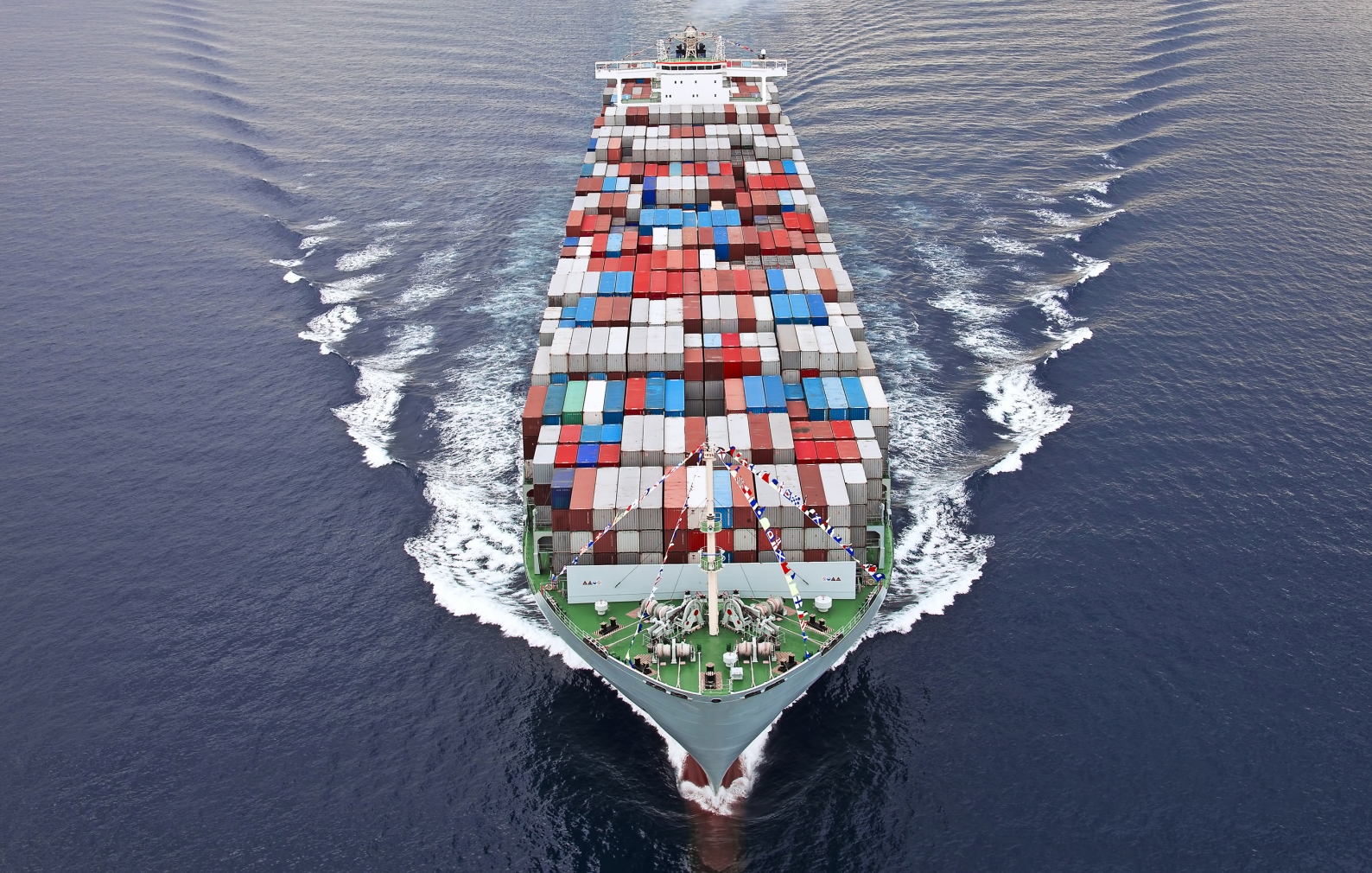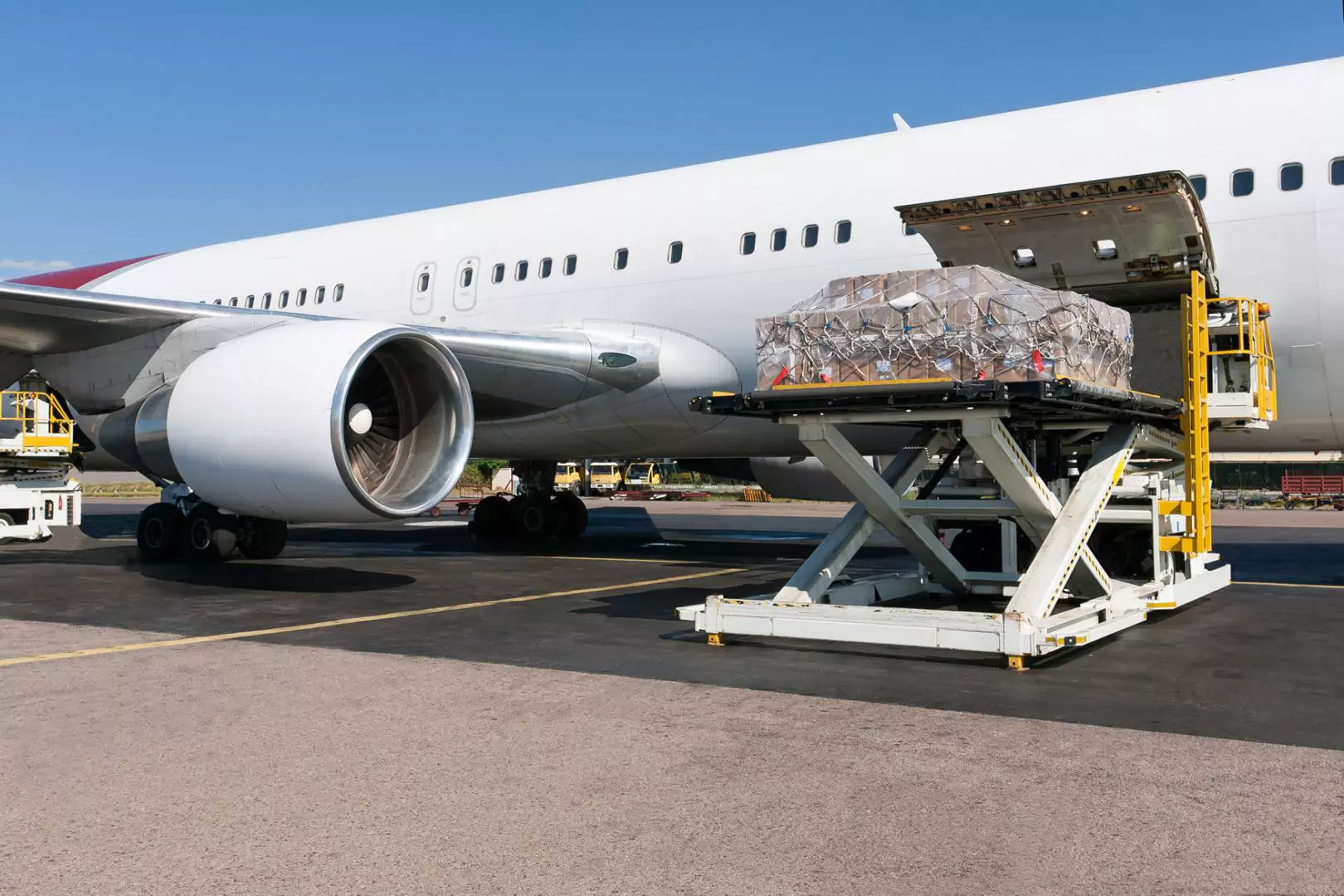What are the emergency handling methods for ocean freight shipping and ship by air freight?
Whether it is ocean freight shipping or ship by air freight, in the face of emergencies and emergencies, quick and effective emergency handling methods are crucial. The following are common ways ocean freight shipping and ship by air freight handle emergencies:
Ocean freight shipping emergency handling methods:
1. Ship breakdown or accident:
Emergency notification and coordination: When a ship encounters a malfunction or accident, emergency notification to the ship, port and cargo owner is the first step. Freight companies should immediately contact relevant parties to coordinate response measures to ensure the safety of goods and personnel.
Develop contingency plans: Develop contingency plans in advance, including cargo transfer, temporary warehousing, maintenance plans, etc., so that they can be implemented quickly and reduce losses in the event of an emergency.

2. Sudden weather changes and unexpected sea conditions:
Real-time monitoring and notification: Freight companies should monitor weather and sea conditions in real time. Once severe weather is forecast, relevant parties should be notified promptly and consideration should be given to adjusting shipping schedules or taking other measures to ensure safety.
Cargo Securing and Reinforcement: Preventive measures include ensuring that cargo is well secured and reinforced on board the ship to reduce cargo losses due to rough sea conditions.
3. Goods lost or damaged:
Immediate reporting and investigation: Once cargo is discovered to be lost or damaged, the freight company should immediately report the ship and cargo owner and initiate an internal investigation. Timely reporting helps coordinate subsequent claims and processing.
Provide evidence and support: Provide detailed cargo condition reports and relevant evidence to support the subsequent claims process.

Ship by air freight emergency handling methods:
1. Aircraft failure or air emergency:
Emergency coordination and notification: When an aircraft malfunctions or an in-flight emergency occurs, cargo companies should immediately notify airlines, airports and cargo owners and coordinate relevant response measures.
Flight adjustment and cargo movement: Depending on the actual situation, consider flight adjustment, cargo transshipment or temporary warehousing to ensure the smooth transportation of goods.
2. Transportation delays or flight cancellations:
Timely notification and arrangements: When facing transportation delays or flight cancellations, freight companies should promptly notify cargo owners and adjust transportation plans according to the situation. Provide a variety of alternatives to help cargo owners choose the most appropriate processing method.
Assistance in arranging emergency transportation: For goods with urgent needs, freight companies can assist in arranging emergency transportation, including finding available flights, providing special transportation services, etc.

3. Goods lost or damaged:
Report and claim immediately: If cargo is lost or damaged during transportation, the freight company should immediately report it to the airline and cargo owner and initiate a claim process.
4. Transportation safety issues:
Strengthen security inspection and monitoring: Freight companies should strengthen cargo security inspection and monitoring to ensure the safe transportation of goods. In emergency situations, provide necessary assistance and support to ensure the smooth transportation of goods.
In ocean freight shipping and ship by air freight, flexible and rapid emergency handling methods are crucial to ensure the safety and smooth transportation of goods. By formulating contingency plans in advance, real-time monitoring and notification, and closely coordinating all parties, freight companies can make timely and effective responses in the face of various emergencies.




